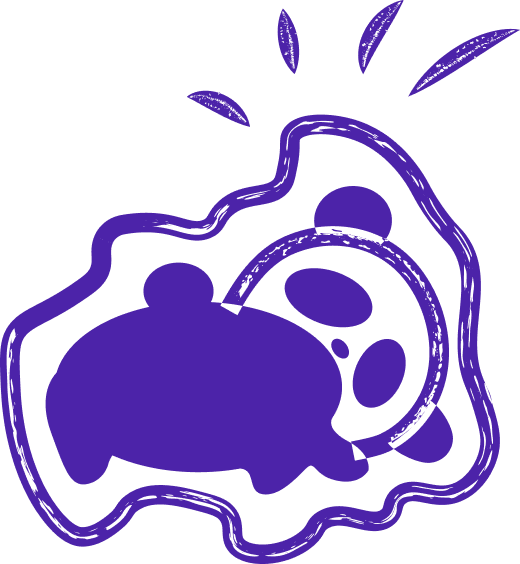
what is mooc platforms and trends
What is Mooc Platforms And Trends - Startup House
One of the key trends in the MOOC platform industry is the increasing number of partnerships between universities and online learning platforms. Many universities are now offering their courses on MOOC platforms, allowing students to earn certificates or even degrees online. This trend has helped to bridge the gap between traditional higher education and online learning, making education more accessible to a wider audience.
Another trend in the MOOC platform industry is the rise of personalized learning. Many MOOC platforms now offer adaptive learning technologies that tailor course content to the individual needs and learning styles of each student. This personalized approach to learning helps to improve student engagement and retention, leading to better learning outcomes.
Additionally, MOOC platforms are increasingly incorporating interactive and collaborative features into their courses, such as discussion forums, group projects, and live webinars. These features help to create a sense of community among students and facilitate peer-to-peer learning, which can enhance the overall learning experience.
Overall, MOOC platforms are revolutionizing the way we think about education by providing a flexible, affordable, and accessible alternative to traditional higher education. With the continued growth of partnerships, personalized learning, and interactive features, MOOC platforms are poised to continue shaping the future of education for years to come.
Let’s build your next digital product — faster, safer, smarter.
Book a free consultationWork with a team trusted by top-tier companies.








